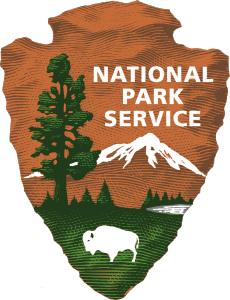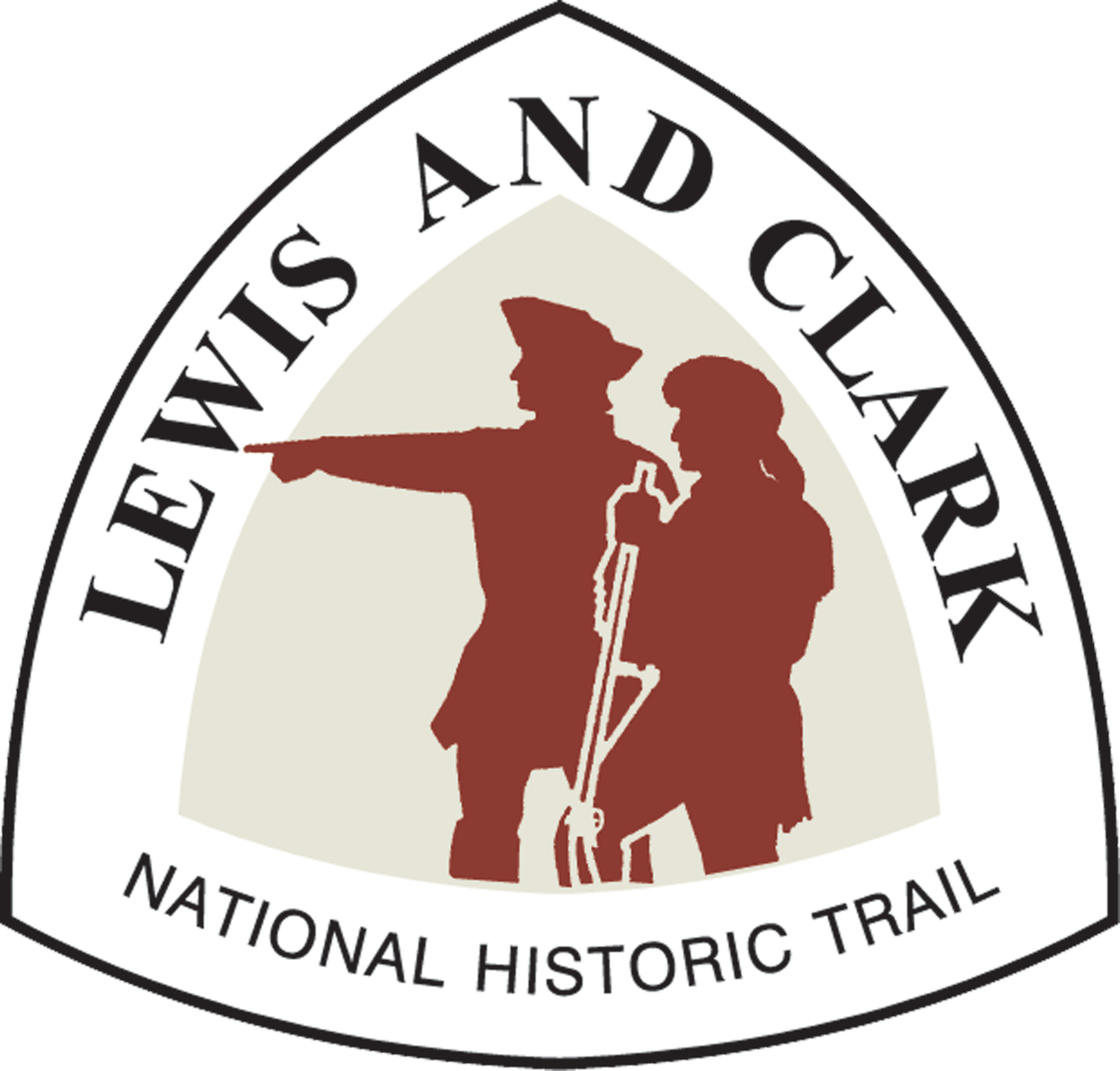Introductory Video by Justin Deegan (Mandan. Hidatsa, & Arikara)
Honoring Tribal Legacies is a digital collection of teaching resources for use in classrooms everywhere. On this website you will find an array of curricula at different grade bands that honor a diverse and inclusive approach to social studies, STEM, language, and other subjects. These are original materials created by indigenous curriculum designers and some allies, too, made by and for this project. Our lessons can be downloaded and used just as they are, or they can be customized by teachers for their particular learners. Perhaps you, as a teacher, have more or less time to devote to the given topic, or you might need to scaffold a unit or lesson for a different age group. We welcome you to embrace these materials and use them as often as you like. For those who wish to share additional curriculum of their own creation, or those who might like to tweak and return one of these units to us, we welcome your input.
We also offer through this website an open-access, digital, two-volume handbook that is meant to provide suggestions to those wishing to create new lessons that will honor tribal legacies. Please feel free to download the entire volumes or even just selected chapters. We would cherish your feedback on these materials, as well.
This is a project that builds upon a historic moment, the Bicentennial of the Lewis and Clark Expedition, which was observed from 2003 to 2006. The National Park Service (NPS) made a great effort to bring balance to the record, adding tribal perspectives to what had long been a lop-sided “celebration” of the Corps of Discovery, one that had neglected the voices of American Indians. During the Bicentennial, a Tent of Many Voices was erected in many places along the Lewis and Clark National Historic Trail, and Native people came out to share their experiences and stories about life in that long region from St. Louis to the shore of Oregon. These accounts, from hundreds of “good people” from more than 40 tribes, were videotaped, and they addressed life since time immemorial, the period of contact, life after the European-Americans had cut a swath through tribal lands, and perspectives on the future. Many of these videos are streaming in open-access on a website currently called Tribal Legacy. That sister website also offers a PDF of the publication, Enough Good People: Reflections on Tribal Involvement and Inter-cultural Collaboration 2003-2006.
We stand upon the shoulders of the Tribal Legacy project and its huge achievements in order to continue honoring tribal legacies. If you do not find a Teaching that might work for your classroom here on our site, we encourage you to consult the videos to create additional curriculum along the lines of our demonstration curricula, which has a strong emphasis on a place-based approach and a recognition of the need to address a range of abilities, what we call multiliteracies.
We are also motivated by recent gains in legislation, where schools are now required to teach a more balanced history that includes indigenous experiences and voices. Here we recognize Indian Education for All (State of Montana), Since Time Immemorial and Tribal Sovereignty (State of Washington), and Tribal History/Shared History (State of Oregon), as stellar examples. We are honored to contribute some desperately needed materials to help educators meet these new mandates. We are also proud to have the endorsement of the North Dakota Native American Essential Understandings Project. Please see their Teachings of Our Elders web page.
Sponsors for the Honoring Tribal Legacies project include the National Park Service, Lewis and Clark National Historic Trail, and the University of Oregon.



